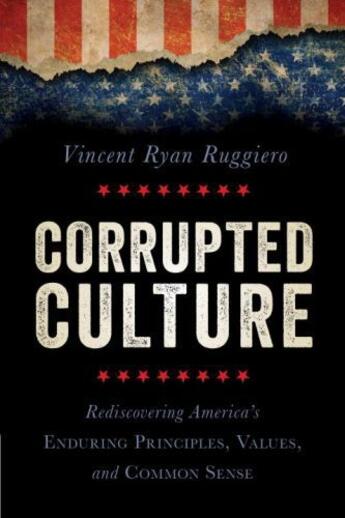-
Nombre de pages : (-)
-
Collection :
(-)
-
Genre :
(-)
-
Thème :
Non attribué
-
Prix littéraire(s) :
(-)
Résumé:
Poor education, bad parenting, a sense of entitlement, the "wasteland" of television, and more. These are the symptoms of a culture in decline. While it's easy to recite a litany of our problems, identifying their root causes requires more than the facile commentary offered by media pundits.... Voir plus
Poor education, bad parenting, a sense of entitlement, the "wasteland" of television, and more. These are the symptoms of a culture in decline. While it's easy to recite a litany of our problems, identifying their root causes requires more than the facile commentary offered by media pundits. This in-depth historical analysis of cultural trends in American traces the problems of our current malaise back to two profoundly misguided views of human nature that were pervasive in this country in the twentieth century. The first was hereditarianism, which was highly influential until the end of World War II. The second was humanistic psychology, which emerged after the war as a reaction against negativism. Citing a host of original sources, Ruggiero shows that while the hereditarians advanced the absurdly pessimistic view that biology is destiny, humanistic psychology countered with an absurdly optimistic view of human nature. He also demonstrates that the flaws of both hereditarianism and humanistic psychology are observable in today's resurgent progressivism. Beyond critique, Ruggiero presents a compelling case for restoring the traditional principles and values associated with the Western view of human nature. In this view, human nature is inherently imperfect but has the potential for goodness and wisdom; intelligence is the sum of inherited capacity and performance attained through mental training and acquired knowledge; reason is more reliable than feelings; and self-esteem is the result of actual achievement. Blending thorough research with incisive analysis, Ruggiero shows the relevance of recent intellectual history to today's social problems and charts a course for a better future.
Donner votre avis














